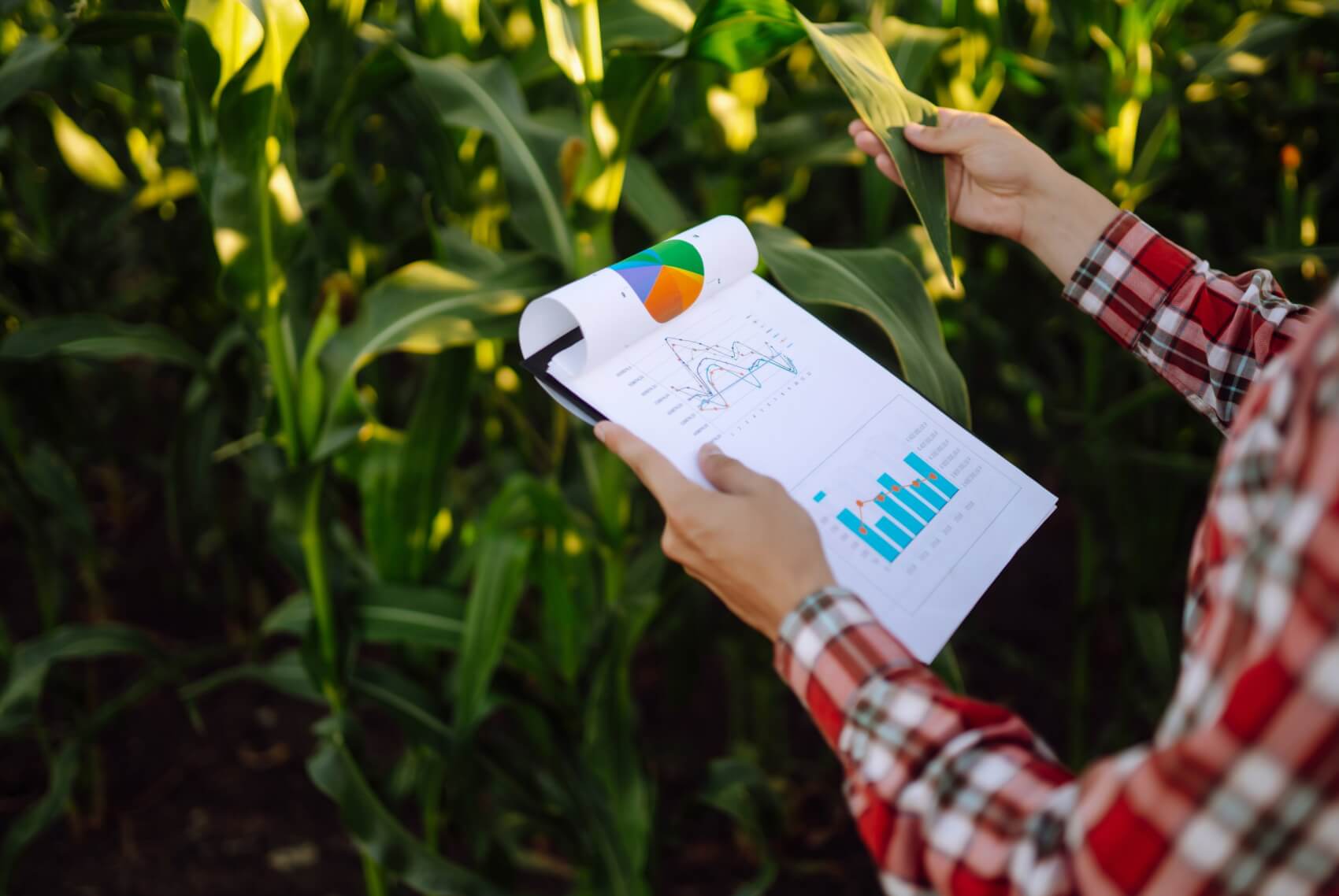The intersection of precision agriculture and venture capital is shaping the future of global food systems. Investors, especially imtiyazlı fonlar, are increasingly drawn to this dynamic sector due to its potential to revolutionize farming and address sustainability challenges. This article delves into precision agriculture and venture capital from a chartered fund perspective, offering insights into investment strategies, market trends, and the technologies driving this transformative wave.
Understanding Precision Agriculture
Precision agriculture refers to the use of advanced technologies such as IoT sensors, drones, satellite imaging, and AI-driven analytics to optimize farming practices. These innovations allow farmers to increase yields, reduce waste, and minimize environmental impacts. On the other hand, venture capital is crucial in providing the financial fuel that accelerates the development and adoption of these cutting-edge solutions.
When examining precision agriculture and venture capital, chartered funds often play a pivotal role. These funds are managed by professionals with fiduciary responsibilities to invest prudently and generate sustainable returns. Their involvement indicates confidence in the sector’s growth prospects, bringing rigorous due diligence and strategic insight to agri-tech investments.
Yetkilendirilmiş Fonların Rolü
Chartered funds stand out in the landscape of precision agriculture and venture capital for their structured approach to investment. Unlike many venture capital entities that may chase high-risk startups, chartered funds typically emphasize long-term value creation, diversification, and risk management. This approach is essential in the agriculture sector, where market cycles and regulatory environments can be volatile.
One major benefit of chartered fund participation in precision agriculture and venture capital is the ability to pool resources and expertise, enabling significant capital deployment in promising startups and scale-ups. This not only helps startups secure the funding needed for R&D and commercialization but also fosters innovation ecosystems that benefit the broader agricultural industry.
Investment Trends
Over recent years, the volume of investments in precision agriculture and venture capital has surged dramatically. Charter funds have noticed the trend as agri-tech startups continue to offer disruptive solutions in areas like automated machinery, soil health monitoring, crop disease prediction, and resource-efficient irrigation.
The attractiveness of precision agriculture and venture capital lies partly in the sector’s alignment with global sustainability goals. Increasing demand for food, coupled with the need to reduce agriculture’s environmental footprint, has made agri-tech a magnet for investors focusing on impact as well as returns. This trend is especially visible in the growing number of chartered funds targeting ESG (Environmental, Social, and Governance) compliant agricultural technologies.
Key Technologies Driving
Chartered funds backing precision agriculture and venture capital are particularly interested in technologies that demonstrate scalability and real-world impact. Key areas include:
- IoT and Sensor Networks: These tools provide real-time data on soil moisture, nutrient levels, and crop health, enabling precise interventions.
- Artificial Intelligence and Machine Learning: AI algorithms analyze vast datasets to optimize planting schedules, predict yields, and detect diseases early.
- Drones and Satellite Imagery: Aerial surveillance offers high-resolution images that help farmers monitor large tracts of land efficiently.
- Robotics and Automation: Automated tractors and harvesters reduce labor costs and increase operational efficiency.
Investments in these technologies illustrate how precision agriculture and venture capital combine innovation with financial discipline to create viable solutions for modern farming challenges.
Challenges Faced by Chartered Funds
Despite promising prospects, precision agriculture and venture capital investments are not without challenges. Chartered funds must navigate issues such as regulatory uncertainty, technology adoption barriers among traditional farmers, and the long development cycles common in agriculture.
Furthermore, many agri-tech startups face hurdles in proving their technologies’ economic viability on a broad scale. For chartered funds, balancing these risks while pursuing attractive returns requires careful portfolio construction and active engagement with investee companies.
Geleceğe Bakış
Looking ahead, the synergy between precision agriculture and CVF is expected to deepen. Chartered funds are likely to increase allocations to agri-tech, especially as innovations in data analytics, biotechnology, and sustainable inputs continue to mature.
Moreover, emerging markets present new frontiers for investment, as demand for efficient farming solutions grows alongside population expansion. İmtiyazlı fonlar with a global outlook can capitalize on this trend by supporting local startups and partnerships that adapt precision agriculture technologies to regional conditions.
Sonuç
The relationship between precision agriculture and venture capital represents a powerful catalyst for transforming global agriculture. From the vantage point of chartered funds, investments in this sector are not just about financial gains but also about fostering sustainable and resilient food systems.
By combining rigorous investment strategies with a commitment to innovation, chartered funds play a critical role in unlocking the potential of precision agriculture technologies. As this sector evolves, precision agriculture and CVF will undoubtedly continue to attract savvy investors eager to cultivate growth and sustainability together.



Yorumlar